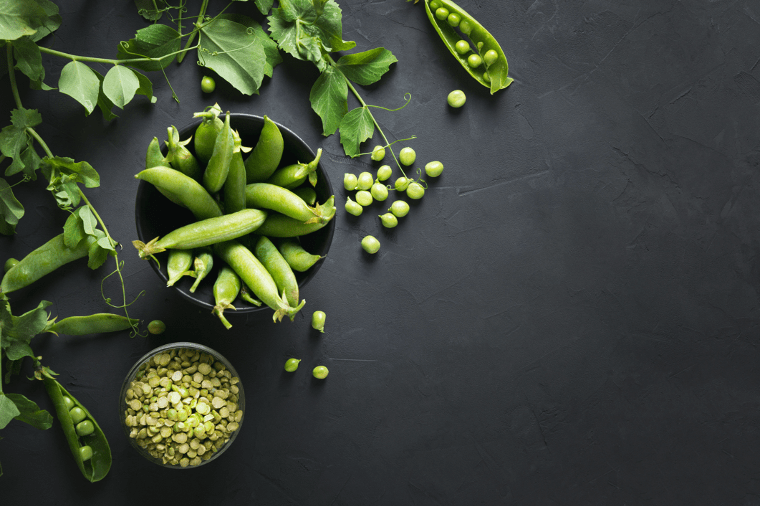The study was performed on 15 physically active men consumed 20g of pea protein with either AminoAlta or a placebo for two weeks, separated by a 4-week washout period. Blood samples were taken at baseline, as well as at 30, 60, 120, and 180 minutes post-consumption and analyzed for amino acid content.
In a press release from SOFAR Americas, makers of AminoAlta, Dr. Ralf Jäger of Increnovo, scientific lead on the study, explained: “Those men who consumed the pea plant protein along with the probiotic combination exhibited significantly increased methionine, histidine, valine, leucine, isoleucine, tyrosine, as well as total BCAA and total essential amino acids maximum concentrations and area under concentration without significantly changing the time to reach maximum concentrations.”
Related: Powering Up Plant Protein Functional Ingredients Can Give Food Service a Boost, Report Suggests Positioning Plant Protein: What’s the Best Placement?
Plant protein is more difficult for the body to absorb than animal protein, but the press release cites a report from The Insight Partners titled “Plant Protein Market to 2027” which found that the plant protein market segment is expected to increase at a CAGR of 6.2% through 2027, to reach around $28 billion. SOFAR S.p.A.’s Medical Manager Dr. Walter Fiore said in the release: “As plant proteins often lack the robust amino acid profile of animal proteins, the accelerated transition to plant proteins has created concerns about the adequacy of the amount of amino acids available for the body to absorb. There are many subjects, primarily athletes, but also the elderly, pregnant, or breastfeeding women, children, some vegetarians or vegans, who may need greater protein supplementation for different functions of the body. The diet, however, is not always able to supply adequate amounts of these macronutrients. As seen in our study, probiotic strains can help by acting as ‘boosters’ in the absorption of amino acids from plant proteins.”Gregory Bonfilio, President and CEO of SOFAR Americas, concluded: ““The particularly positive results from this new study are informing the design and endpoints of our next two human clinical trials. For the industry, this rather unknown and unsung activity of probiotics should create an entirely new potential for plant based proteins, as well as paving the way for efficacious and meaningful probiotic strain applications.”










